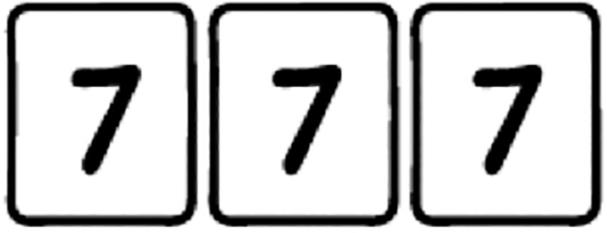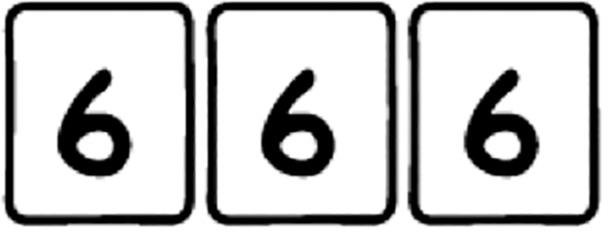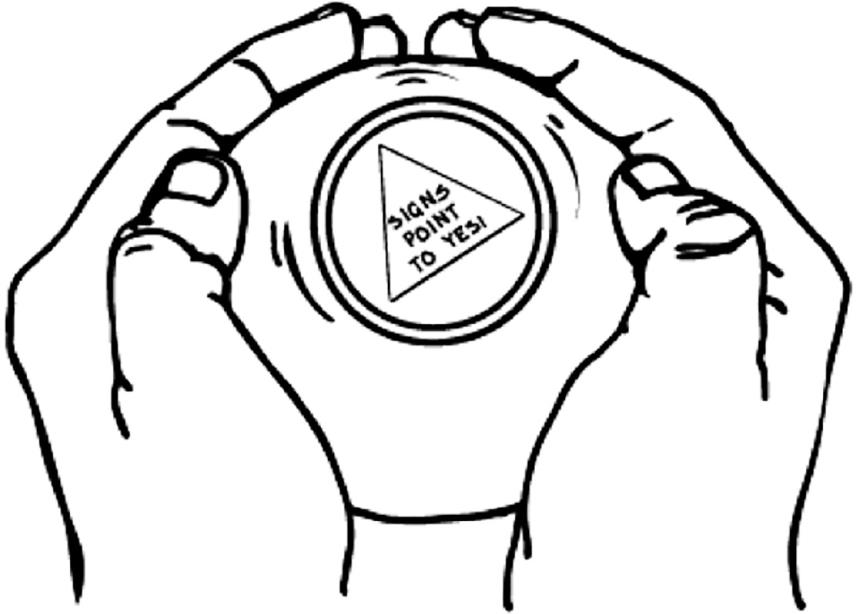Sustenance > Addictive Substances
When a rat presses a lever and gets a treat, predictably, every time, the rat will return to the lever when it’s hungry. But if you start varying the reward—no sugary snack for several tries, and then maybe three fall after the lever is pushed—then the rat will remain at the lever tapping uncontrollably. Random, unpredictable rewards are the stuff of addiction.
I’m addicted to Twitter or, more likely, to the reaffirmation I get from the microblogging platform. However, there is no free lunch with addiction. The hangover for me, after wrapping the pursuit of truth (what all academics are supposed to do) in the sensationalism that sells, is that I feel empty and a bit pathetic. Why is a fifty-four-year-old professor of marketing even on Twitter?3
The Arm on the Slot Machine
We unwittingly pull the arm of a slot machine every day. Our youngest, eight years old, usually stumbles into our room for the last hour of his sleep. There are few things (maybe heroin?) that can turn from so wonderful to so awful in three minutes. When he rests on me, I am whole … and everything makes sense. I drift back to sleep knowing I matter. Despite mattering, three minutes later my medulla oblongata wakes me, as I’m near asphyxiation. I need to get this 57-pound sack of flesh off my chest or I’ll die—and he (I think/hope) would be scarred by waking up on top of his dead dad. I might sell the idea to the Hallmark Channel. But I digress.
So now he’s up. His mom and dad sit in dopamine-filled anticipation as his senses light up and begin processing. Looking around, hair so disheveled it’s extraordinary, the spinning wheels of perception whirring, absorbing the new world the day may bring. He’s deciding if it’s a good day. Hey, there’s Dad, and he loves me, and I love him so much I’ll flop on him again and lie still for fifteen seconds radiating happiness. Then he pops up and informs us he’s headed downstairs to find his best friend, his brother.

Or—and this is the key to the dopamine, as there seems to be no discernible pattern—he senses there’s something bad about today. In three seconds, the suspicion turns to certainty. Yes, definitely, the day ahead is a force of evil threatening all that’s good in the world, and his ferociously bad attitude is the key weapon to be deployed.

The spawn of Satan begins whining and picking fights posed as questions: “Do I have to go to soccer?” “Can I have gummy bears for breakfast?” The rest of the day turns into a hostage situation where I long for the days of Bing Crosby, when hitting your kids was not only acceptable but good parenting. And then, out of nowhere … the terrorist in Iron Man pajamas sits next to me and begins rubbing my head and laughing at the way it feels, and asking me questions about my mom. “Did she look like you? Did you live in a big house?”
In addition to video games, my kids are developing other dopamine loops, and it’s interesting to see them unfold. Last weekend my youngest came into our bedroom and took his place between his mom and dad. I noticed him clinging to a large spherical object and assumed it was a stuffed Angry Bird. I eased the object from my son’s hands and, in the dark, made out an “8” on the sphere. He had a Magic 8 Ball and was sleeping with it.
Later that morning, my Hallmark Channel son showed up and decided we should ask the most important questions of the all-knowing M8B:
- “Will Dad ever get his hair back?” Answer: Outlook not so good (hard to explain how hilarious my eight-year-old found this).
- “Will Mommy buy me FIFA 18?” Answer: Better not tell you now.
For three days my son walked around clinging to his M8B. Addicted to random rewards and feedback.
The unpredictability, immediate feedback, and variability of rewards, coupled with a genetic predisposition to fixate on your kids so the species continues, make kids an addictive substance to their parents. I spend much of the week in New York, away from them. By Thursday, I’m feeling antsy and depressed. Need my fix.
Food, sex, and kids. We’re wired to be addicted to things fundamental to the survival of the species. I trust that my boys will recognize that their mom and dad did not offer the dopamine hit of an addictive substance, but instead offered sustenance. We are always here, predictable. We’re a sure thing, wired to love them no matter what, and we present this love with less variance than any other relationship. Will my sons remember that we, while not perfect, were always there?
